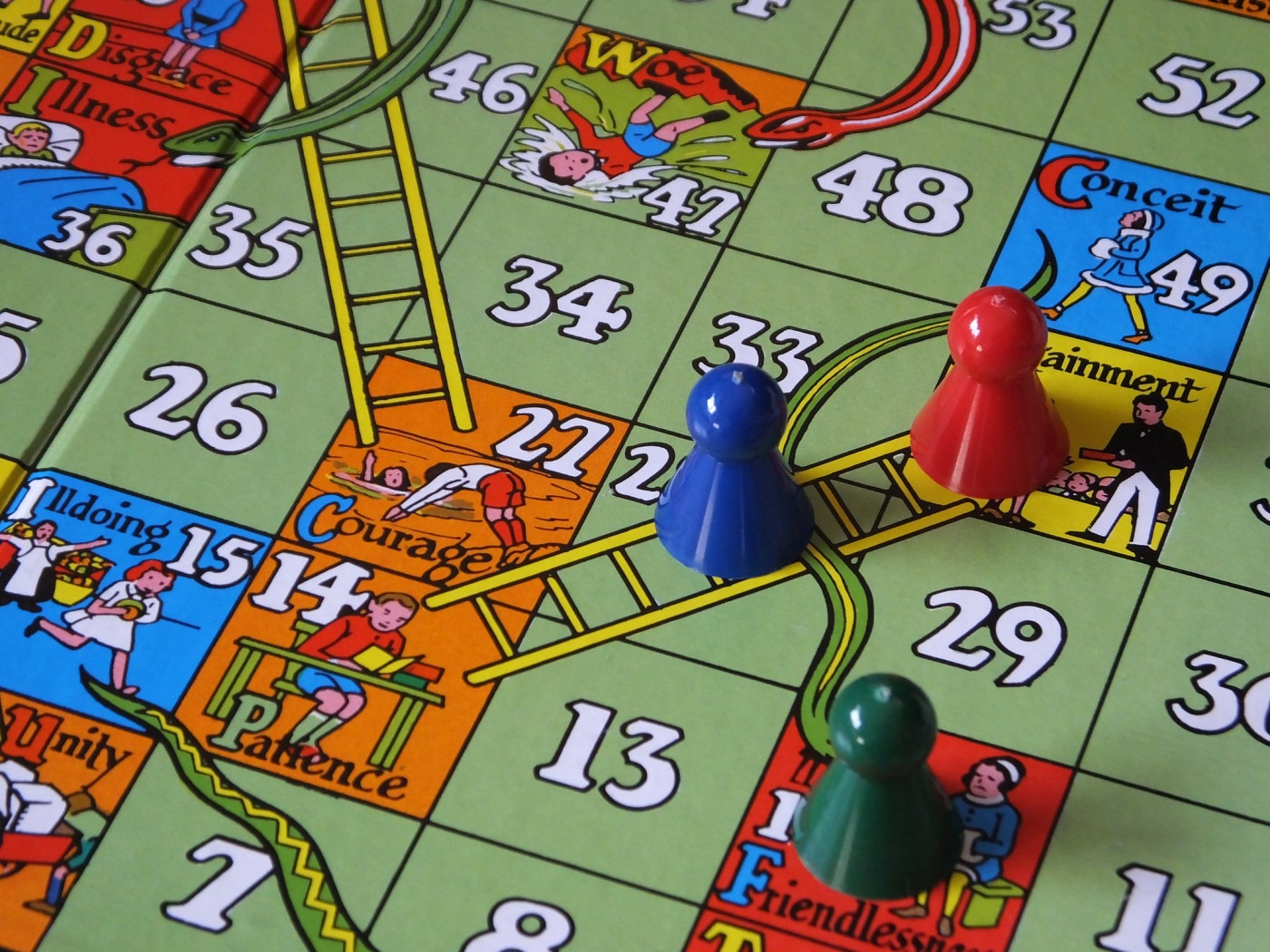Use games to teach students maths and economics, says Warwick study
Games should be included in the teaching of subjects such as maths and economics, a Warwick study has concluded.
The study, published in March 2024, examined the effect that integrating games into teaching had on the success of students. The experiment focused on subjects such as economics and statistics.
The research was conducted by Joshua Fullard, an Assistant Professor of Behavioural Science at Warwick Business School. It split participants into two groups: one group who were taught with a combination of games and traditional teaching, and the other sticking to the standard teaching model, dubbed “chalk-and-talk”.
The study found that students who were taught in the typical style, without games, achieved an average of 60% in their assessments. In contrast, it was recorded that this increased to 69% in the group where games were integrated into teaching.
The increased rates of student success would result in hundreds of students […] achieving higher grades
Joshua Fullard, Assistant Professor, WBS
Commenting on the results, Fullard said: “The effects of games on students are not small or limited to some people in the class.
“Applied across a college or university, the increased rates of student success would result in hundreds of students not failing, achieving higher grades, and being more satisfied in their learning at the same time.”
Another element examined by the study was student satisfaction. The research concluded that levels of contentment with the teaching also increased in the group that were taught using games.
What’s more, a final observation was that teaching which included games also brought a higher rate of attendance in classes. This was seen to apply both to seminars and to lectures.
With the study reporting a plethora of benefits for the integrated-game teaching style, some researchers questioned why games were not used more often in courses.
The study ultimately concluded that time was a key limiting factor for lecturers, both in the commitment needed to plan such games and in the limited amount of contact hours available, which meant time for games had to be weighed against the time needed for teaching content.
The research has outlined its own solutions that may address the issue, with a series of pre-prepared games that would not be time-consuming for lecturers to prepare.
Patrick Jack, of Times Higher Education, wrote that: “Even a small change in how teaching is delivered, such as adding a 10-minute activity to the end of a few seminars in a term, can have major benefits for students.”
Overall, this research would seem to be a step towards embracing new and innovative styles of learning.

Comments